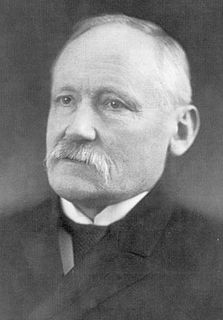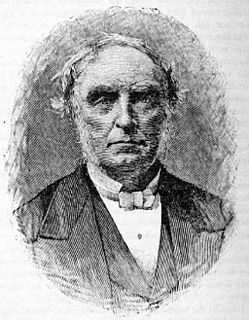A Quote by Frederick Lenz
Taoism is not a religion, although perhaps it has been made into one by some people. Lao Tsu's way of life occurs in any spiritual philosophy.
Related Quotes
Taoism ... is the Religion of the Tao, a term meaning Path or Way, but denoting in this peculiar case the way, course or movement of the Universe, her processes and methods. In other words, Taoism is the Religion of Heaven and Earth, of the Cosmos, of the World or Nature in the broadest sense of these words. Hence we may call it Naturism.
Philosophy is not a body of knowledge to impart to someone, that's why reading philosophy books isn't always the best way of learning philosophy. Philosophy is really more the process of rational engagement, rational reflection with a diversity of views and ideas and opinions and trying to sort of reason your way through to a more reflective position. I think if you look at it that way, philosophizing is to some extent some small way a part of almost everyone's lives although they don't recognize it as such and a lot of people are embarrassed about it.
I have never, in all my life, not for one moment, been tempted toward religion of any kind. The fact is that I feel no spiritual void. I have my philosophy of life, which does not include any aspect of the supernatural and which I find totally satisfying. I am, in short, a rationalist and believe only that which reason tells me is so.

























